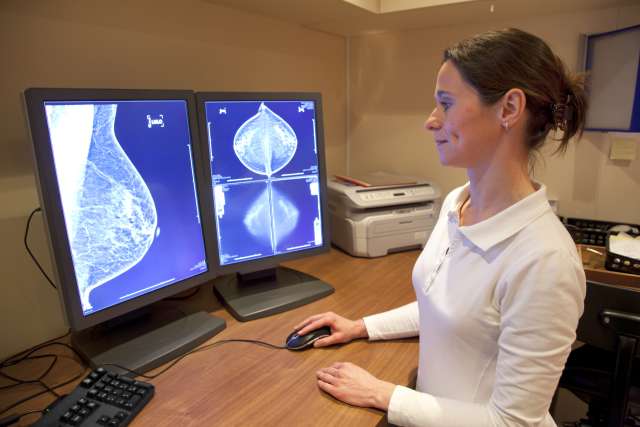Dr. Tanya Stoyanova, associate professor of molecular and medical pharmacology and urology at the , was awarded an Exploration-Hypothesis Development Award from the Department of Defense to develop new approaches to detect and treat neuroendocrine prostate cancer, a highly aggressive subtype of prostate cancer known for its poor prognosis and limited therapeutic options.
The award will help support Stoyanova, a member of the , and her team in testing blood levels of ubiquitin carboxy-terminal hydrolase L1 — a protein by Stoyanova to be a novel promising molecular indicator and target for neuroendocrine prostate cancer — from patients suffering from this cancer. The team will then test the use of the protein as a blood biomarker to diagnose and track how patients respond to therapies, while also testing different new drugs that target the protein to see if they could be effective new treatment options.
“Prostate cancer is the second leading cause of cancer-associated mortality among men in the U.S. and affects active-duty military, veterans and their families,” said Stoyanova, also a member of the . “Our hope is that successful completion of this study will unveil new minimally invasive blood-based tests to diagnose and monitor responses to therapies for this highly aggressive subtype of prostate cancer, and reveal new treatment strategies for patients suffering from the disease.”




